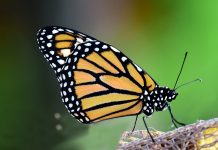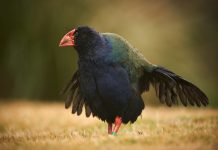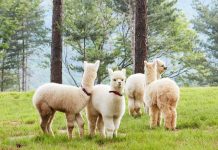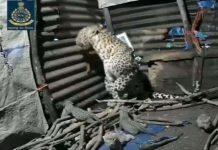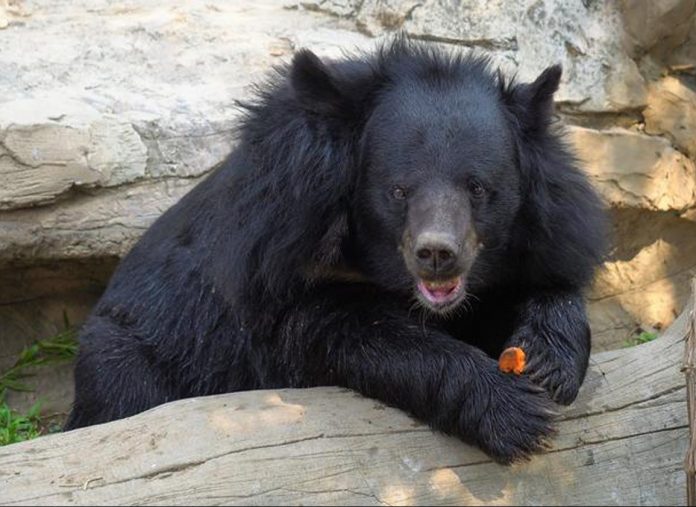It is unbelievable to hear that China government has reportedly recommended that using an injection containing bear bile, to treat severe and critical corona virus cases after permanently ban the trade and consumption of live wild animals for food less than one month. The London-based Environmental Investigation Agency (EIA) recommended that a list of recommended treatments for the novel corona virus disease published by China’s National Health Commission, the government body responsible for national health policy earlier this month. The list includes injections of traditional medicine called “Tan Re Qing,” which contains bear bile.
Bile is a digestive fluid produced by the liver and stored in the gallbladder. It is harvested using several techniques, all of which require some degree of invasive surgery.
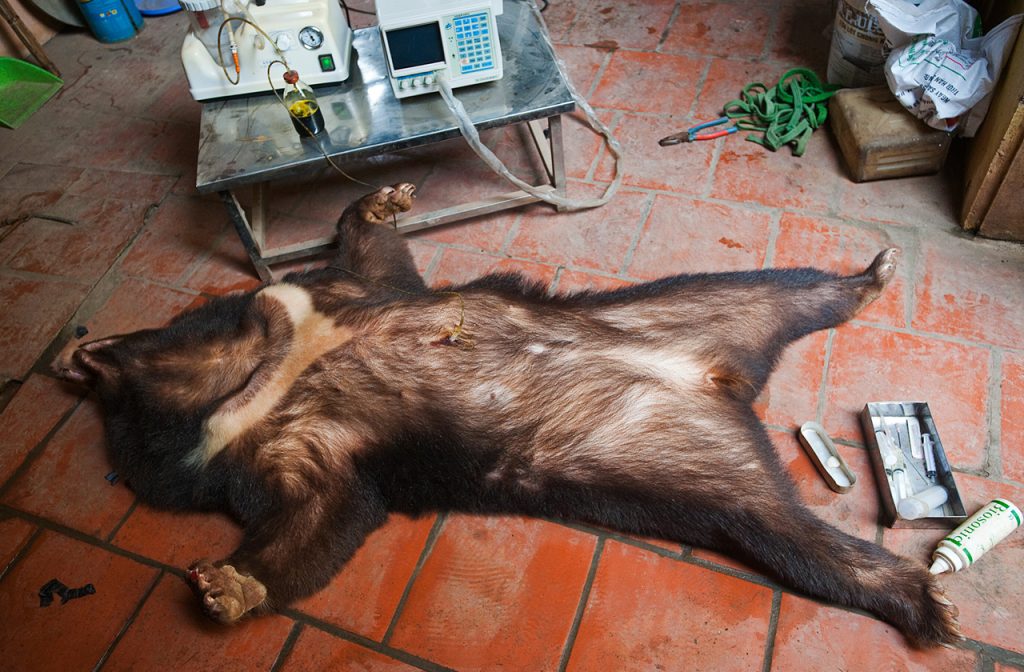
Last month, the Chinese government banned the consumption of wild animals as food in the wake of corona virus. However, the ban does not cover the use of wildlife products in traditional Chinese medicine or as ornamental items.
This recommendation highlights what wildlife advocates say is “Restricting the eating of wildlife while promoting medicines containing wildlife parts exemplifies the mixed messages being sent by Chinese authorities on wildlife trade”.
Apart from that, they said, “Aside from the irony of promoting a wildlife product for the treatment of a disease which the scientific community has overwhelmingly concluded originated in wildlife, the continued promotion of the use of threatened wildlife in medicine is hugely irresponsible in an era of unprecedented biodiversity loss, including illegal and unsustainable trade.”
A huge number of people in China have been calling for greater restrictions on wildlife trade. EIA strongly supports these calls and wants to see China’s ban extended to cover the use of threatened wildlife for any purpose, including in traditional medicine.
The use of the threatened wildlife is traditional medicine in totally unnecessary, especially given the availability of acceptable herbal and artificial alternatives, and many traditional medicine practitioners and users want to see an end to the use of wildlife products.
This should be a better time to end the use of the parts of threatened wildlife in medicine, especially as recent surveys conducted in China showed the vast majority of respondents were opposed to using wildlife in medicine. Hope china could become a genuine leader in wildlife conservation other countries would follow its example.
Source – www.nationalgeographic.com




